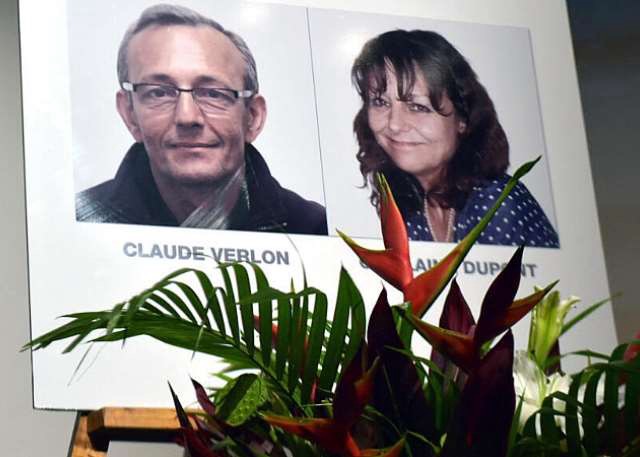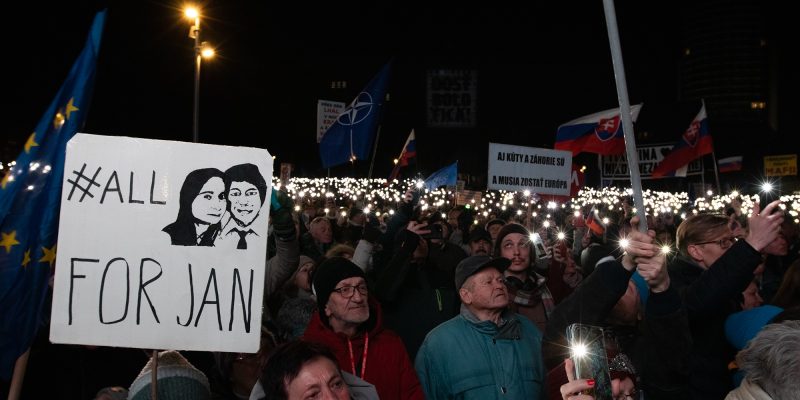
Gaza Becomes World’s Deadliest Zone for Journalists
November 3, 2024
Uttar Pradesh Journalist Arrested Over Election Coverage
November 4, 2024November 4, 2024 – Kosovo –
The Pristina Basic Court sentenced Kosovo lawyer Driton Dobruna to 150 days in prison on November 4, 2024, after he admitted to sending a death threat to investigative journalist Vehbi Kajtazi, owner of the Paparaci news site.
The threat stemmed from Kajtazi’s persistent reporting on corruption and public interest matters. Dobruna reportedly sent a chilling message indicating he would “douse him with gasoline”. His guilty plea at trial spared him a longer sentence, but still marked a rare instance of legal validation for the protection of journalists in Kosovo—a country where nearly 20 censorship or intimidation cases are reported by the Association of Professional Journalists each year, yet few are prosecuted.
SafeJournalists recorded a similar incident earlier in October, when Kajtazi received another threat, this time prompting a swift police intervention. The Bahr initiative signals growing momentum in a country where judicial follow‑through on press intimidation has often faltered.
Dobruna’s sentencing sends a message: threats against journalists carry real consequences. However, Kosovo’s track record remains problematic. HRW figures show that between 2012 and 2014, dozens of physical threats and verbal attacks were filed, yet prosecutions were rare and convictions almost nonexistent. In one earlier case, a journalist’s complaint led to a court acquittal after a three‑year delay. This new penalty may offer a rare precedent for quicker action .
While 150 days is a modest punishment, it represents progress in a judicial system historically hesitant to hold powerful individuals accountable. As the legal system moves to deter threats of violence against media personnel, the government must also ensure that protection measures—such as police support, investigations, and public accountability—are robust, proactive, and swift.
Kajtazi expressed guarded optimism following the verdict, calling it “a step forward” for journalist safety in Kosovo. He emphasized that sending threats would no longer be met with silence.
This case offers a glimmer of hope for media freedom in the Balkans. But the real test lies ahead: whether Kosovo’s authorities are willing to consistently enforce the law, safeguard investigative reporting, and signal that threats—no matter how veiled—will no longer intimidate truth-tellers.
Reference –
Threats against the lives and physical safety of journalists, Vehbi Kajtazi, Pristina, 08.10.2024
Kosovo Lawyer Sentenced for Sending Death Threat to Journalist | Balkan Insight




